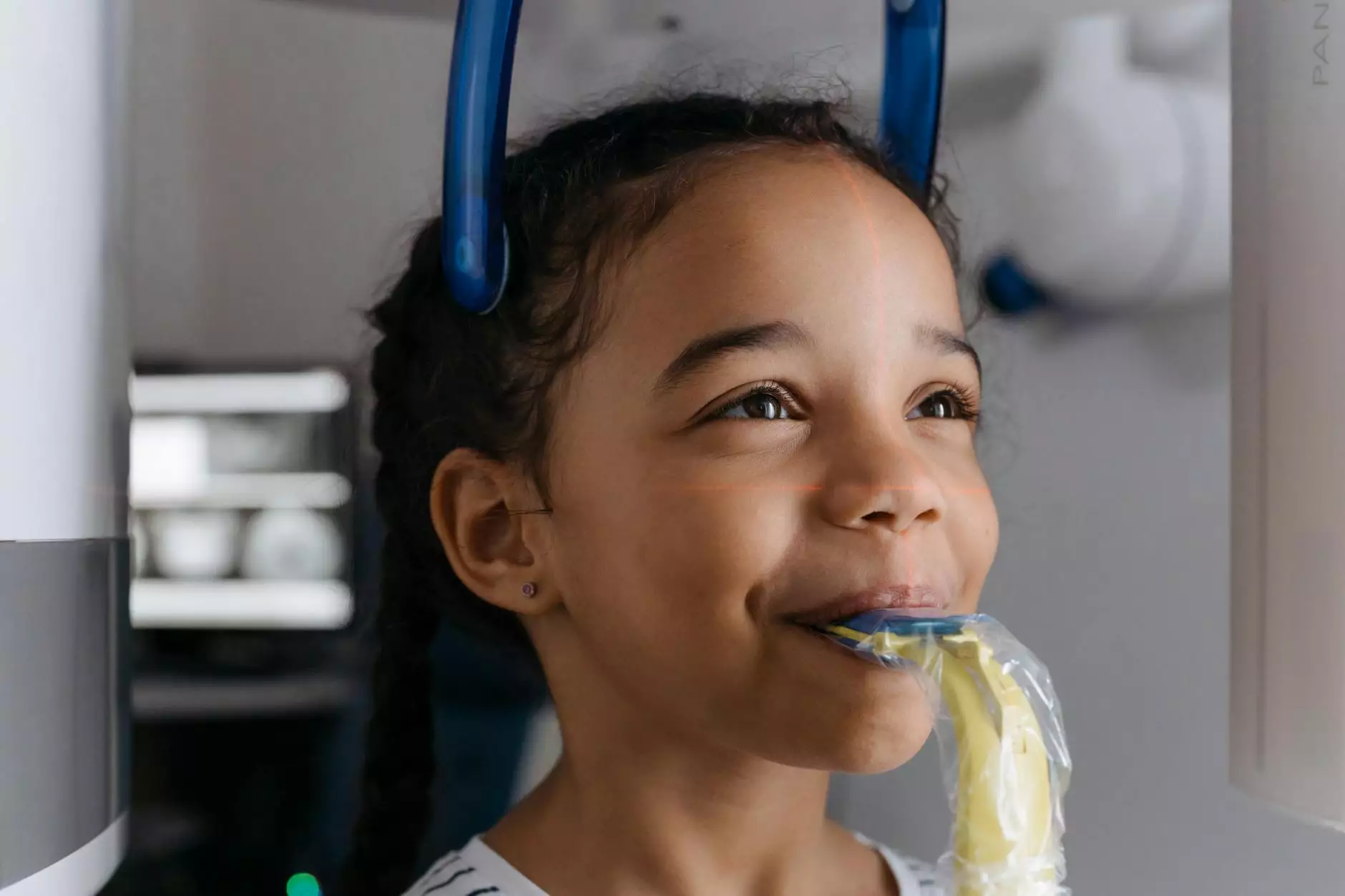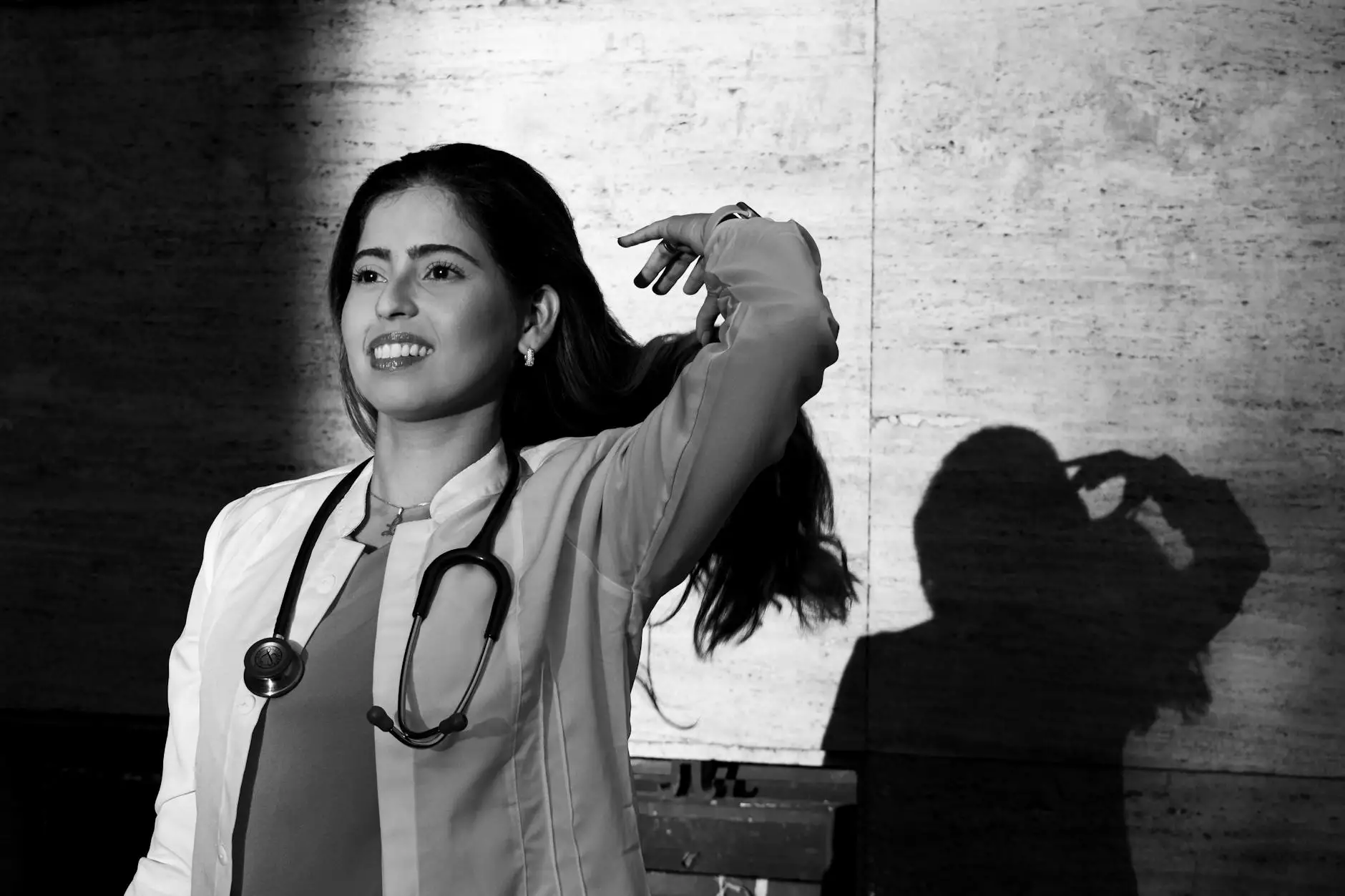Understanding CT Scan Chest Screening: A Comprehensive Guide

CT scan chest screening is an advanced imaging technique that plays a crucial role in modern medicine. It is instrumental in diagnosing various medical conditions affecting the chest region, including lung diseases, cancers, and cardiovascular issues. This article provides an in-depth understanding of CT scans, their importance, advantages, and procedures, making it an essential read for patients, healthcare providers, and anyone interested in healthcare advancements.
What is a CT Scan?
A CT (Computed Tomography) scan is a sophisticated imaging tool that combines X-ray images taken from various angles and uses computer processing to create cross-sectional images of specific areas of the body. The resulting images offer greater clarity than regular X-rays, allowing healthcare professionals to view internal organs, bones, and tissues in remarkable detail.
The Importance of CT Scan Chest Screening
CT scan chest screening is pivotal for several reasons:
- Early Detection of Diseases: CT scans can identify abnormalities in the chest, such as tumors or nodules, at a considerably early stage. This early detection can be critical for successful treatment outcomes.
- Detailed Visualization: Unlike traditional imaging methods, CT scans offer comprehensive views of the lungs, heart, blood vessels, and chest wall.
- Guiding Treatment Decisions: The detailed images obtained from CT scans can help guide treatment plans, such as surgical interventions, medication changes, or further diagnostic testing.
Who Should Consider CT Scan Chest Screening?
CT scan chest screenings are recommended for various groups of individuals:
- High-Risk Patients: Individuals with a history of smoking or those exposed to lung carcinogens should consider regular screenings.
- Patients with Respiratory Symptoms: Persistent cough, unexplained weight loss, or chest pain may prompt a healthcare provider to recommend a CT scan.
- Individuals with a Family History: Those with a family history of lung diseases or cancers may benefit from proactive screening.
How is a CT Scan Chest Screening Performed?
The process of undergoing a CT scan chest screening is straightforward and typically involves the following steps:
- Preparation: Patients may be advised to refrain from eating for several hours before the procedure. Patients need to inform their healthcare provider about any existing health conditions or medications.
- Positioning: During the scan, the patient will lie on a narrow table that slides into a large doughnut-shaped machine.
- Scans and Imaging: The machine will take several X-ray images from different angles. The entire process usually lasts around 10-30 minutes, depending on the complexity of the exam.
- Post-Procedure: Once the scan is complete, patients can resume their regular activities immediately. It is essential to follow any specific post-scan instructions provided by the healthcare provider.
What to Expect During and After the CT Scan
During a CT scan, patients may hear a whirl or buzzing sound from the machine, which can be unnerving for some. However, the procedure is generally painless. In some cases, a contrast dye may be administered to enhance the images; this may involve a slight prick when the needle is inserted, followed by a warm sensation in the body.
After the CT scan, patients can expect to receive their results within a few days. Depending on the findings, healthcare providers will discuss the next steps, which may involve further testing or treatment options.
Benefits of CT Scan Chest Screening
1. Speed and Efficiency
CT scans are quick, allowing for fast diagnosis and the ability to monitor disease progression promptly. The ability to obtain rapid results ensures timely decisions regarding treatment and management.
2. Non-Invasive Nature
As a non-invasive procedure, CT scan chest screenings minimize risks associated with more invasive diagnostic tests, making it a safer alternative for many patients.
3. Comprehensive Diagnosis
The detailed images produced during a CT scan assist in diagnosing various chest conditions, including:
- Lung nodules
- Lung cancer
- Pulmonary embolism
- Pneumonia
- Tuberculosis
Risks Associated with CT Scan Chest Screening
While CT scans are generally safe, there are potential risks to consider:
- Radiation Exposure: CT scans involve exposure to radiation. However, the risk is often outweighed by the potential benefits of accurate and timely diagnosis.
- Allergic Reactions: Some patients may have allergic reactions to the contrast dye used for certain scans, though severe reactions are rare.
- Kidney Damage: The contrast dye may pose risks for patients with kidney dysfunction, necessitating careful screening before use.
CT Scan Chest Screening and Lung Cancer
Lung cancer remains one of the leading causes of cancer-related deaths worldwide. Regular CT scan chest screenings can significantly impact survival rates through early detection. Studies have shown that annual screening for high-risk patients can reduce lung cancer mortality by up to 20% compared to traditional chest X-rays.
It is essential for patients to discuss their risk factors with their healthcare provider to determine an appropriate screening schedule, as early diagnosis can lead to better treatment outcomes.
The Role of Technology in CT Scan screenings
Advancements in CT technology have transformed the screening process, offering numerous enhancements:
- High-Resolution Imaging: Modern scanners provide high-resolution images that improve diagnostic accuracy.
- Reduced Scan Time: Advanced machines can perform scans faster, which enhances patient comfort during the procedure.
- Low-Dose Protocols: Innovations in imaging techniques have developed low-dose CT scans, significantly reducing radiation exposure.
Why Choose Neumark Surgery Center for CT Scan Chest Screening
At Neumark Surgery Center, we prioritize patient care and utilize the latest technology in CT scan screenings. Our highly trained staff and state-of-the-art facilities ensure that every patient receives high-quality diagnostics in a comfortable environment.
Patients can expect:
- Expert Radiologists: Our team of experienced radiologists provides thorough readings and interprets results with an emphasis on detail.
- Patient-Centered Care: We understand that medical procedures can be daunting. Our staff is dedicated to providing support and ensuring a pleasant experience.
- Follow-Up and Support: We assist with follow-up appointments and any needed referrals to ensure comprehensive patient care.
Conclusion
CT scan chest screening is a vital tool in the early detection and management of various chest-related health issues. As advances in technology continue to enhance the quality and efficiency of these scans, the benefits to patients will only grow. Individuals at risk or experiencing symptoms must consult with their healthcare provider to discuss the appropriateness and timing of a CT scan.
At Neumark Surgery Center, we are committed to providing the highest standard of care and access to advanced diagnostic services. If you have further questions about CT scan chest screening or want to schedule an appointment, do not hesitate to reach out to our dedicated team.









